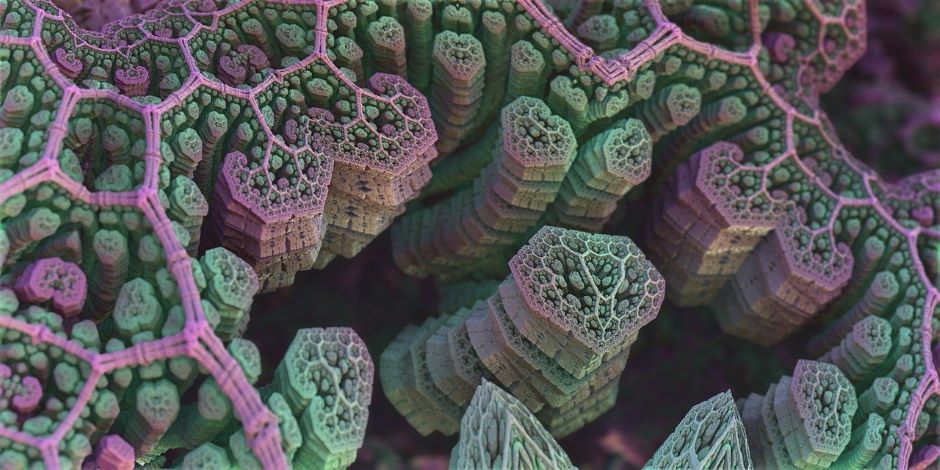
As well as causing fatal diseases in humans, fungi devastate food crops and spoil valuable products and materials, which has led to an antifungals/fungicide industry worth around $30bn globally. There are, however, tight regulations around the use of fungicides and antifungals and there is also growing resistance of fungi to these agents.
Texas team turns graphene into bacteria-killing filter
In a paper published in Science Advances, experts from Nottingham University's Schools of Life Sciences, Pharmacy, and Engineering, show how they have developed a solution to tackle fungi by passively blocking fungal attachment to surfaces using a coating of (meth)acrylate polymers.
Through previous work, the team found different combinations of fungicides which worked against fungi and also produced new understanding of preservative action against spoilage fungi.
Although these advances meant less use of certain fungicides and chemicals, frequent tightening of regulations around usage are restricting the take up of technologies that still rely on bioactive agents, while spread of resistance worsens the problem. Consequently, potential bioactive-free technologies for combatting fungi are highly attractive to the industry.
In this latest study, scientists show an alternative fungal control strategy, which doesn't have the 'killing affect' of fungicides.
The team identified polymers that resist the attachment of different kinds of fungi, including pathogens. They screened hundreds of (meth)acrylate polymers in high throughput, identifying several that reduce attachment of the human pathogen Candida albicans, the crop pathogen Botrytis cinerea, and other fungi.
Specific chemical features of the polymers were associated with weak fungal attachment. The materials were not toxic, supporting their passive utility. The team developed a formulation with the materials for inkjet-based 3D printing. Printed voice-prosthesis components reportedly showed up to 100 per cent reduction in C. albicans biofilm versus commercial materials. Spray-coated leaf surfaces resisted fungal infection with no plant toxicity.
A similar approach against bacterial pathogens is also now being developed for a catheter coating to prevent infections in patients.
In a statement, Prof Simon Avery, from the School of Life Sciences at the University, said: "This is the first high-throughput study of polymer chemistries resisting fungal attachment.
"Our engagement to date with industry has highlighted a clear need for a new approach to control fungi and the major socioeconomic problems that they cause, as the value of existing strategies using bioactives [antifungals, fungicides] is eroded by growing resistance and regulations.
"This passive, anti-attachment technology that we have been developing addresses this need. We have been able to show that different polymers are effective in resisting diverse fungi that have broad socio-economic impacts."




Project to investigate hybrid approach to titanium manufacturing
Sadly they will not be ordering any more presses from Wilkins & Mitchell http://www.historywebsite.co.uk/articles/Darlaston/WM.htm